
Byron Allen: Too much talk, not enough action on advertising equity

Byron Allen first made his mark in the entertainment industry on stand-up comedy stages, but these days, when discussing the state of advertising investment on Black-owned and Black-targeted media, the powerful mogul is pulling no punches.
“It’s time to stop the excuses,” Allen said, calling on brand marketers and their agencies to allocate their advertising budgets in a way that more closely aligns ]with Black representation in the broader American population.
“We as African Americans represent approximately 14% of the population, and we believe the ad spend should be approximately 15% going to Black-owned media,” Allen said. “With that kind of capital getting invested in Black-owned media, all boats will rise, all ships will sail. Right now, there isn’t enough.”
Allen’s remarks came during a recent TVNewsCheck webinar, “Unity In Black Media,” in-conversation with the publication’s co-founder and publisher Kathy Haley. Allen, the founder, chairman and CEO of the Allen Media Group, which owns dozens of TV stations, 10 cable networks, a portfolio of streaming services and a TV and film production company, also discussed the Black Owned Media Matters initiative he launched in 2020. His goal with the movement: Spread awareness about the lack of investment into Black media enterprises and to compel change.
“We’ve given everybody, now, two years to show us who they are, not say who they are, [but] show us,” Allen said. “The only way you show us [is] through the numbers, and if the numbers aren’t where they should be, that’s where the accountability starts to kick in.”
Black-Owned And Black-Targeted Media Both Need More Support
He doesn’t just want to see the numbers improve for Black-owned media companies. Black-targeted publishers, such as BET, which is owned by Paramount, should also be better supported, he said. One way that can happen is if advertisers devote funds to media companies in both categories, with each amount commensurate with the size of the Black American population. As Allen pointed out, advertisers tend to think they’re doing their due diligence by spreading their already relatively scant spend across both areas. But that’s insufficient in Allen’s mind.

Black News Channel, acquired out of bankruptcy by Allen, launched with no advertising sponsorships. Allen has since turned BNC’s MVPD distribution over to The Grio, a Black-targed channel owned by AMG.
Allen’s efforts have already secured monetary commitments to the cause from a number of organizations, including General Motors. The auto giant announced in 2020 that it intended to spend 4% of its advertising on Black-owned media companies in 2022 and up that ante to 8% by 2025.
While “some folks are leaning in” to the chance to make systemic changes, Allen said, “there are some folks who are not.” Those companies that deny opportunities for Black media companies to thrive on the basis of race, Allen said, “unfortunately” run the risk of seeing “major legal action” taken against them.
He has sued Charter Communications, AT&T and, last year, McDonald’s, for various forms of racial discrimination. However, he told Haley he does not consider himself “litigious,” and said he’s involved the courts only “to bring the truth out, so people can see the numbers.”
Allen also does not want to come off as particularly confrontational, either. He said he’s not into threats and is giving White corporate leaders who engage with him “the benefit of the doubt.” He stressed that he’s simply “here to communicate to make it better” — for not only Black-owned media companies, but groups that target Black consumers as well.
Systemic racism in the business community
“The greatest trade deficit in America is the trade deficit between White corporate America and Black America,” Allen said. “It’s that trade deficit that is the very root of the systemic racism in America.”
He asks White-run media outlets to cease discussing crime as endemic to Black communities until they throw greater support behind education efforts directed at Black Americans as well as Black economic inclusion. Should that ever happen, crime would decrease significantly, Allen said, and America “will not need its prisons.”
Allen’s put his money where his mouth is on this front. In 2022, the Allen Media Group purchased the Black News Channel — which was not Black-owned at the time — out of bankruptcy. Lest anyone think Allen, who is bald, has completely lost his sense of humor in his second act as an executive, he told Haley the Black News Channel sold $3.6 million in ads for “1-800-Spray-On-Hair, which I probably should buy a can of, myself.” But he also said the reason the station entered bankruptcy was because in the previous year it “wrote up less than $2 million in advertising” that was “non-direct response.”
“White corporate America should be ashamed of themselves for that simple fact,” Allen said, returning to the more pointed but measured tone he assumed throughout most of the webinar. “I have all the books, I have all the records, I knew everybody they reached out to, I saw every excuse and every lie.”
DEI’s role in media buying
He went on to explain that The Grio, the Allen Media Group’s streaming platform geared toward Black viewers, assumed the Black News Channel’s distribution and, overnight, TheGrio entered 55 million homes, becoming the United States’ first Black-owned and -targeted network. The Allen Media Group then bought the rights to what he told Haley was “99.9% of all Black college sports” for air on TheGrio.
“We took those sporting events [and] paid the HBCU millions of dollars to help educate Black kids in America,” Allen said.
But in spite of these maneuvers, made during a time of widespread corporate pledges for enhanced diversity, equity and inclusion (DE&I), sparked in part by the killing of George Floyd and the rejuvenation of the Black Lives Matter movement, Allen said no sponsors came calling. The Grio had to reach out to them.
“We had to pick up the phone and call everybody and say, ‘Excuse me, don’t say “DE&I”; it’s time to live DE&I,’” Allen said. “We shouldn’t have to call you to get you into Black college sports, supporting the education of Black kids in America on a 100% Black-owned cable network.”
Sponsorships key, particularly for startups
Allen also called on marketers to prove they are “leaning in” by buying “sponsorship, non-guaranteed” ads, no different than when they purchase ads during the Super Bowl for “$7 million a pop.”
“They’re setting a precedent of buying things that are non-guaranteed for White media, but not for Black media,” Allen said. “That’s the very definition of differential treatment and of discrimination.”
“It’s not like they don’t have opportunity,” Haley responded to Allen. “You’re talking about sports, which is premium programming, on The Grio. “Why wouldn’t a beer company or a car company attach their name to that?”
“Because we’re Black and they don’t care,” Allen said. “They say they do, but they don’t do it.”
If White corporate America decides to care and actually show it, Allen believes it will reverse a trend toward this country’s self-immolation. He said Coretta Scott King once noted that her husband, Martin Luther King, Jr., was not assassinated after his famous “I Have A Dream” speech. He was murdered a couple months after a speech at Stanford University called “The Other America” in which he discussed economic inclusion for Blacks and everyone in the U.S.
“We can no longer afford lots of people who are not really being supported and positioned for great success,” Allen said. “America will implode if we don’t bring balance to the system.”
Watch the full Unity in Black Media webinar here.





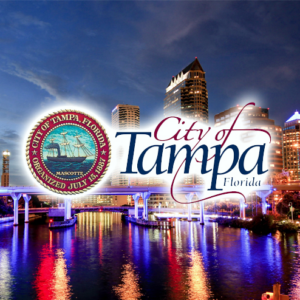

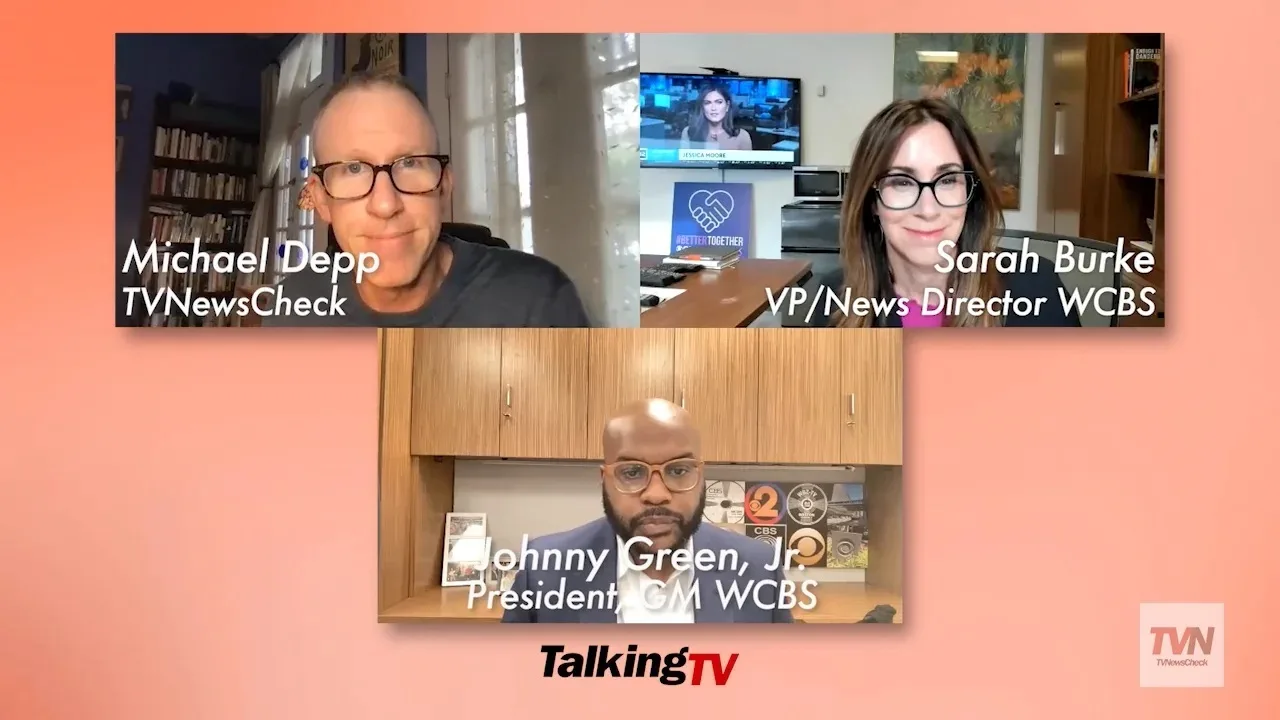
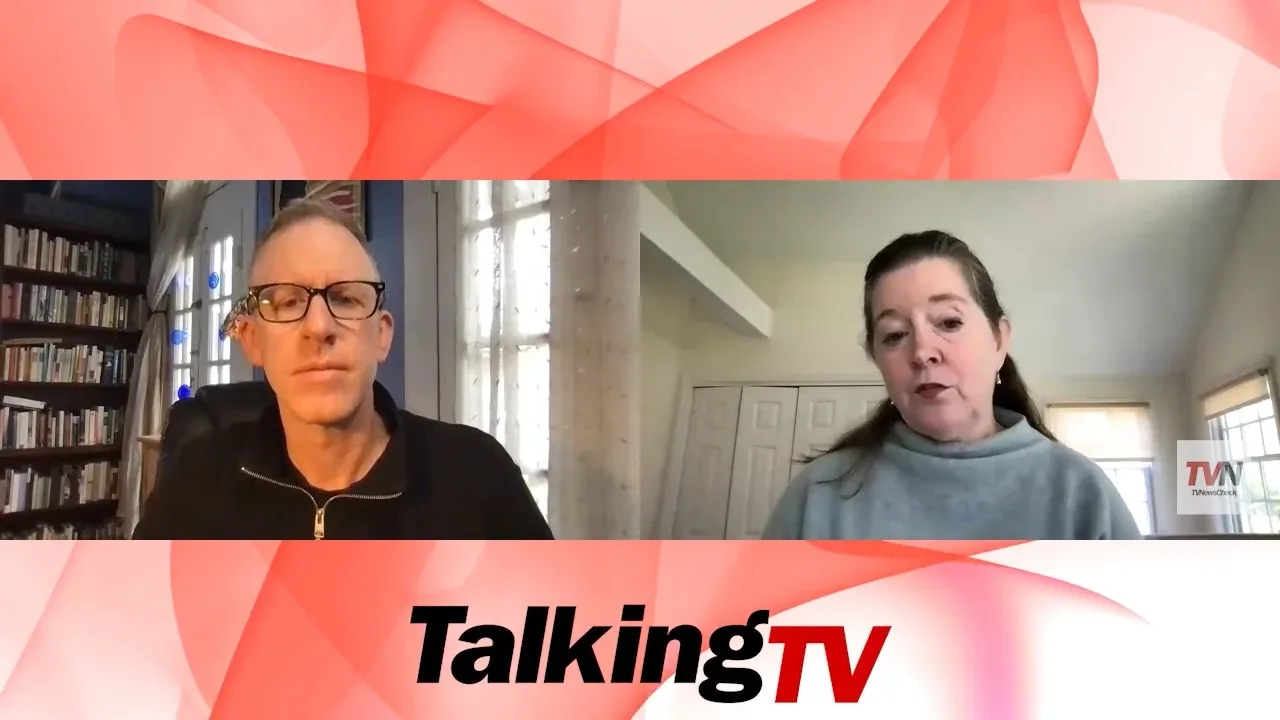

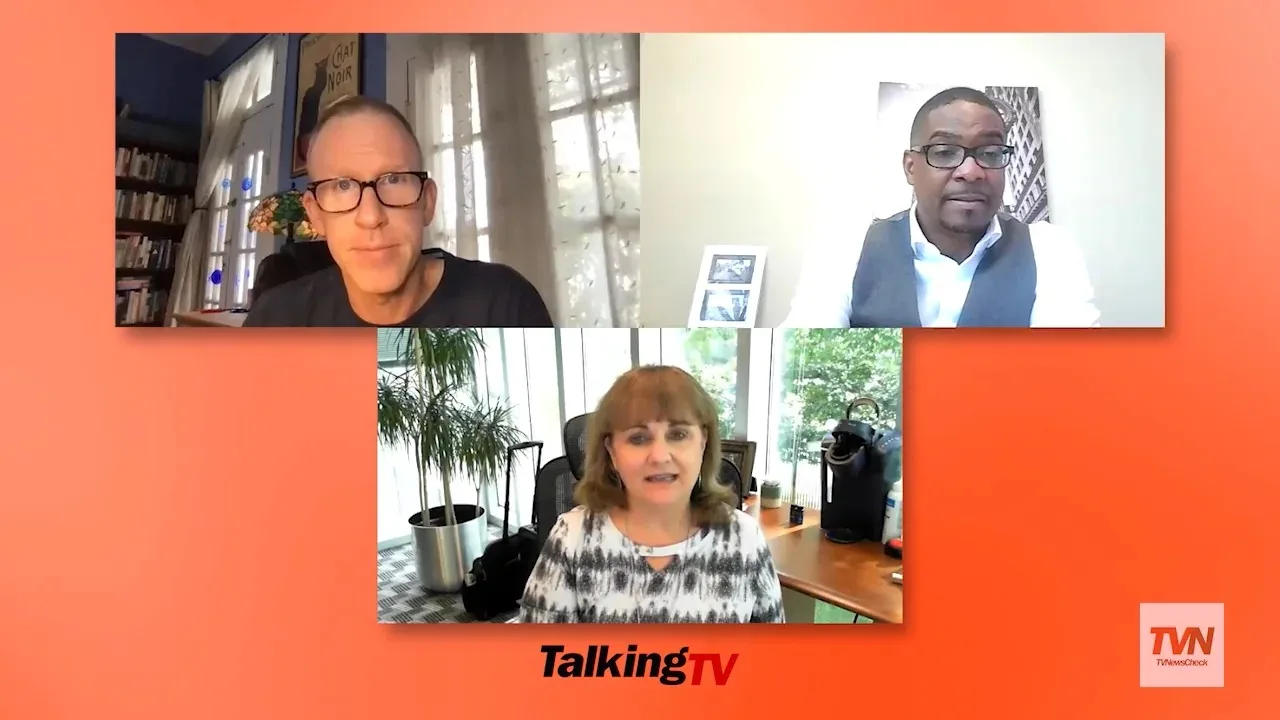
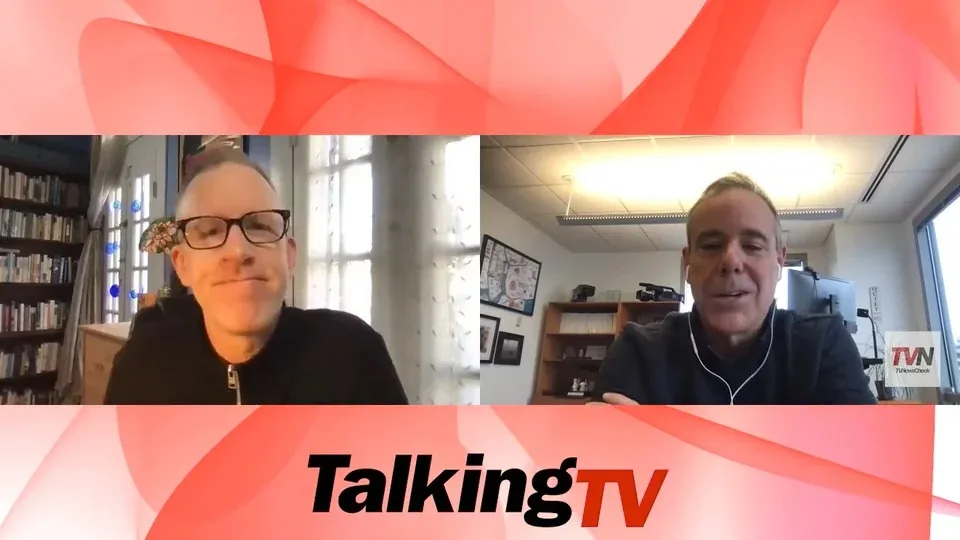

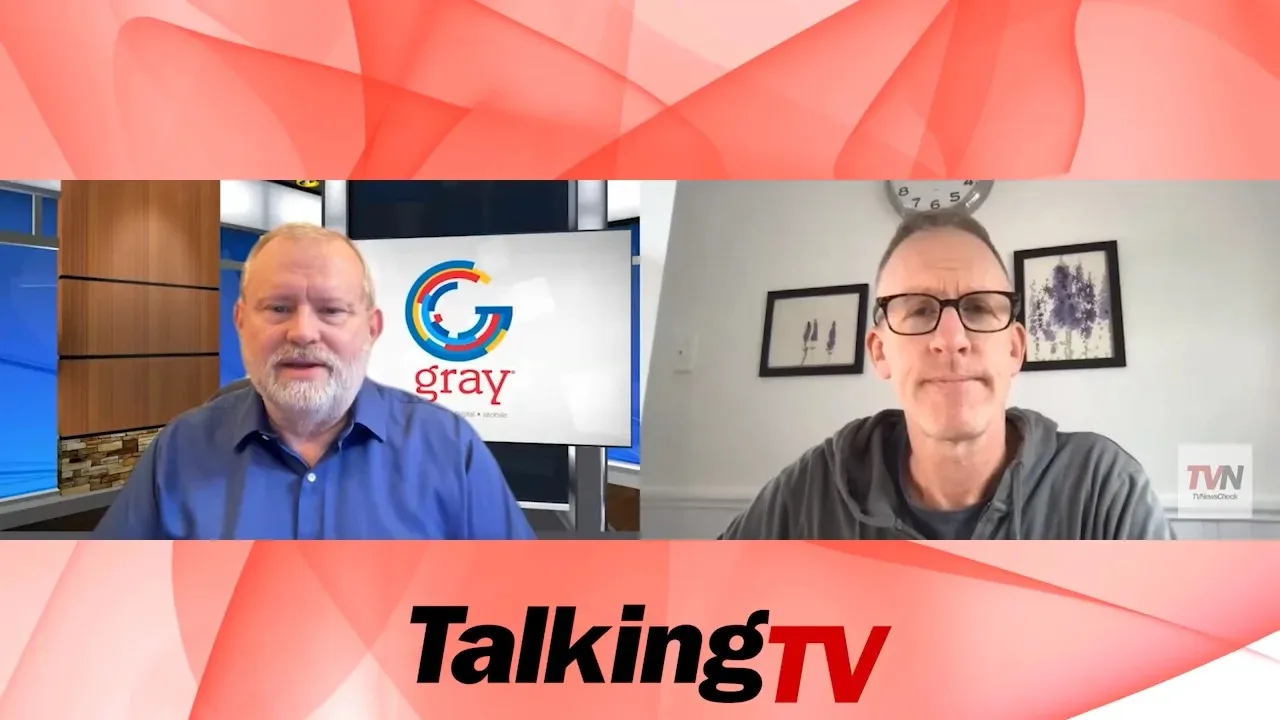
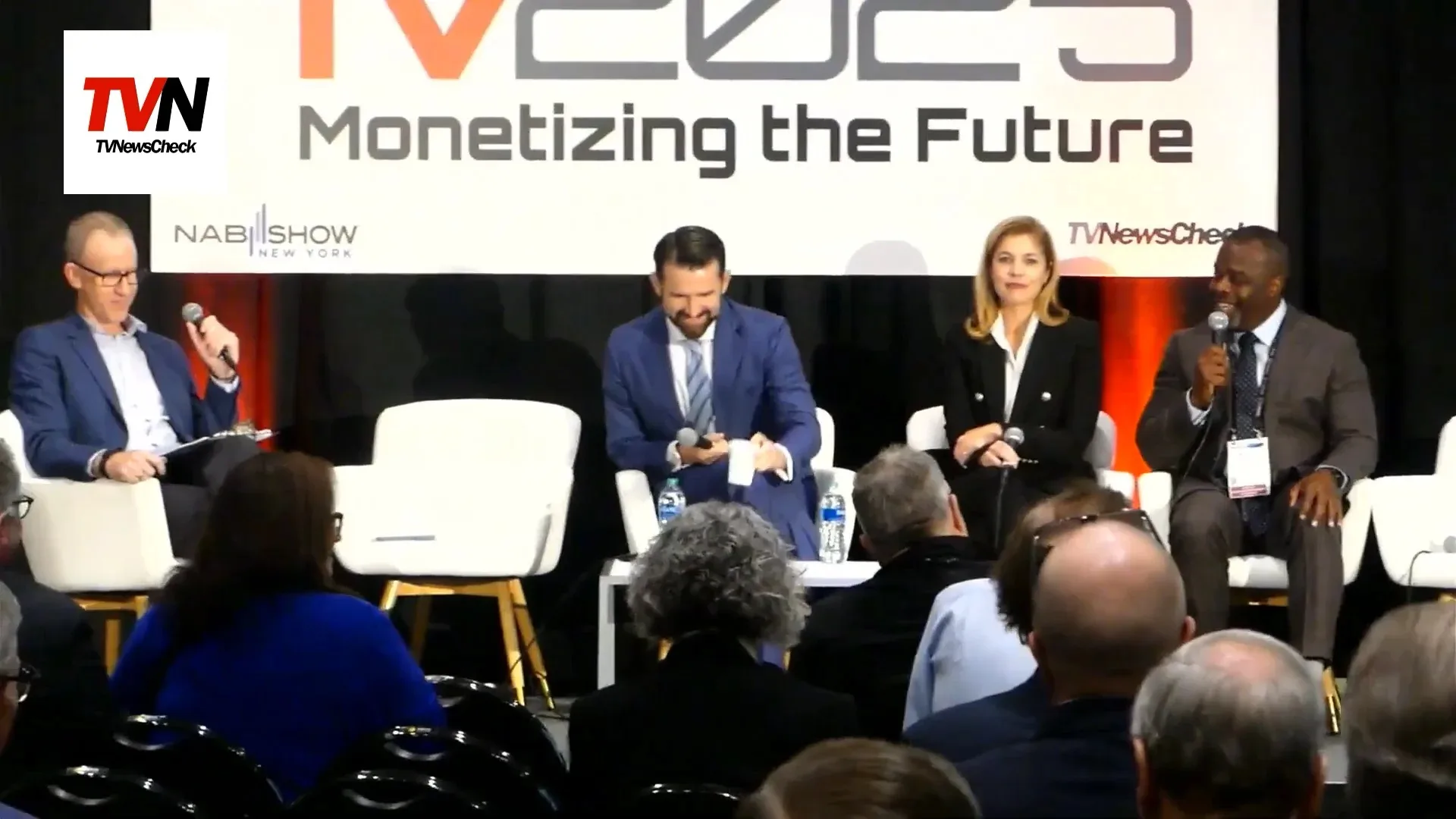







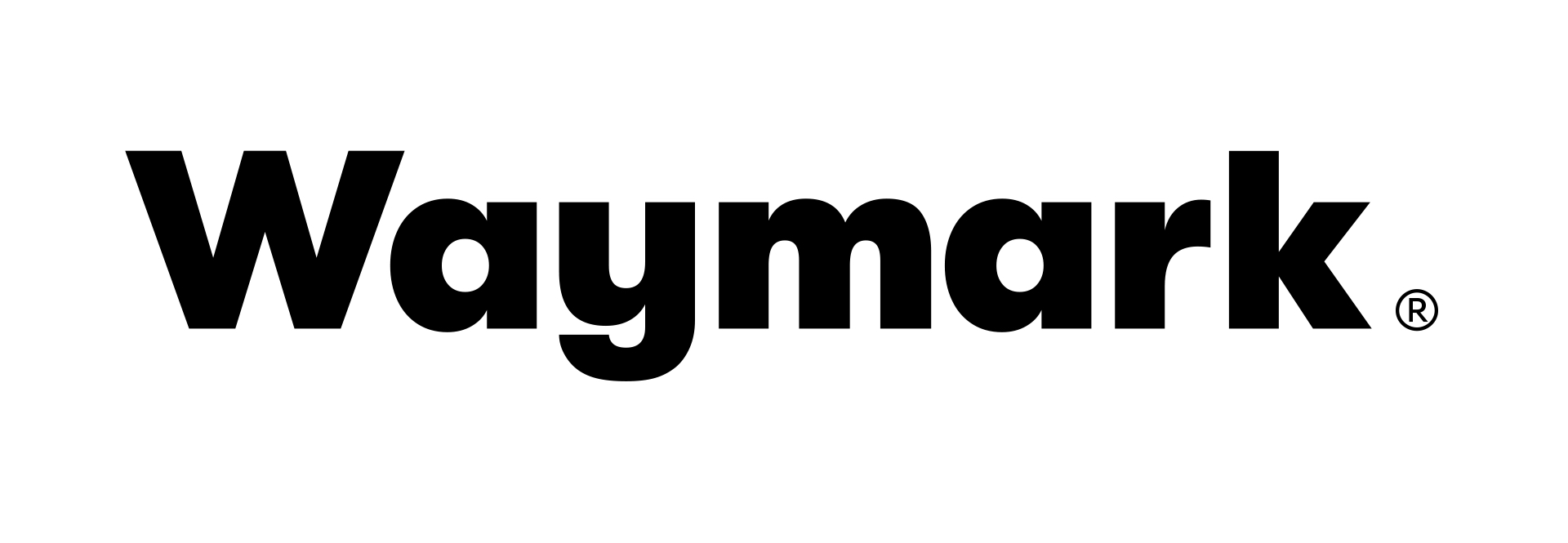




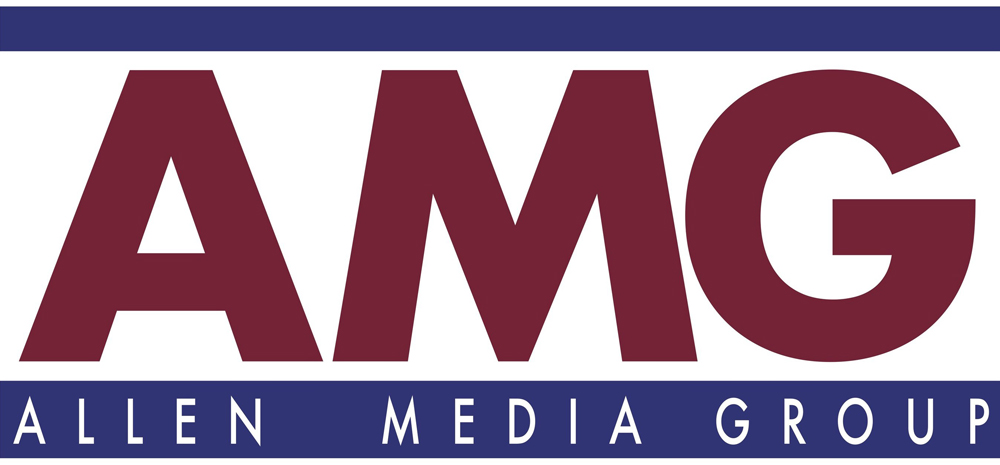



Comments (5)
AIMTV says:
February 13, 2023 at 10:26 am
I worked at Univision (Spanish language TV) on the front lines of generating “equity” and “parity” for the growing and large U.S. Hispanic market in the early 2000s. We made significant strides quickly but not easily. However, despite this, I left Univision after three years because their pitch for “equity” was disingenuous, as they presented censored research to mostly clueless and primarily white ad executives to convince them that ALL U.S. Latinos were monolithically tuned into Spanish language TV, which was far from the truth. I used that same research but dug deeper to tell the “rest of the story” and created an alternative to reach “the larger half” of the U.S. market (Young, U.S.-born Latinos who preferred English language content but had little culturally relevant content to choose from).
Some of the suits (mostly white executives) at Univision came after me and tried to discredit what I was saying. They failed because I used simple, publicly available census data and basic research that advertisers could fact-check. I also had ratings to back up the claim that we reached our target audience in ways that neither Spanish language nor General Market TV did. Though tiny in comparison, our existence threatened Univision’s near monopoly and, worse, their narrative that all U.S. Hispanics sat around and watched Sabado Gigante (Big Saturday) every Saturday night, from grandma to the kids. A lot of noise but little to back it up.
I get a similar vibe here.
Allen seems to be less about fighting for African American media to garner ad share as much as for Allen Media to garner more money from advertisers it harangues, bullies and shames into buying for itself.
Allen Media presents advertisers with many options but very few “good” options. Their weekend syndication offerings are packed with so many ads and so little content as to be borderline unwatchable by anyone of any ethnicity. Many of the 24/7 network content includes the same BA-produced shows over and over and over. Some legit offerings are on the table, and those few warrant support, but Allen seems to want more and more, regardless of quality, couching it as “equity.” At the same time, there is a massive blind spot concerning the watchability and, thus, reach and effectiveness of his company’s offerings.
Advertisers can ill afford to waste money on media that does not deliver, no matter how cleverly disguised. Moreover, most of Allen Media’s offerings do not seem even very cleverly disguised. Just try watching some of the shows, from start to finish.
Allen is right to press for more equity and ads supporting black-owned media. Where he needs clarification is presenting the case that he and his company’s high volume but (mostly) slap-dashed, unwatchable content is the only or even main answer to this issue. Money is green, and it is the one color all corporations understand. The African American audience, like the Hispanic audience, or Asian, or whatever audience, is all of interest to companies that sell stuff to people who buy stuff. However, they must have legitimate media choices that reach the target audience efficiently and effectively.
Much of what Allen Media has on offer looks less like it was produced to target an underserved audience providing value to viewers and advertisers, and more to be a spot carrier for companies it can bully and intimidate into buying into its narrative.
I assume most advertisers know this, but it goes unspoken because, well… who wants to get sued?
kcgiants99@gmail.com says:
February 13, 2023 at 11:53 pm
Amen AIMTV you get it when it comes to Byron Allen ES.TV, Entertainers, Kick’In It you can tell that it is all repeats all the time. TheGrio goes off at 12AM then it’s just paid programming until 9AM Byron Allen is cheap programming nothing of value with his programs.
Joe Bottoms!! says:
February 14, 2023 at 8:37 am
…
Joe Bottoms!! says:
February 14, 2023 at 8:38 am
What is it exactly that you want man. Fairness?? Life is not fair and nor is the business world. Grow up!!!
tvn-member-4783648 says:
February 15, 2023 at 10:59 am
AIMTV hit the nail on the head. Allen’s method of selling his inferior product is that he “harangues, bullies and shames into buying”. That is why he is not respected in the media industry. It’s rather pathetic when the only way you can sell your product is to cry racism and threaten legal action. The fact that the programming (other than the Weather Channel) has no audience is of no concern to Allen. He has deluded himself into thinking that his product is actually decent…and surrounds himself with sycophants who build up his ego. As for his demand that advertisers allot 15% of their advertising budget to black-owned media…would Allen be satisfied should all the advertisers spend the entire 15% on BET?